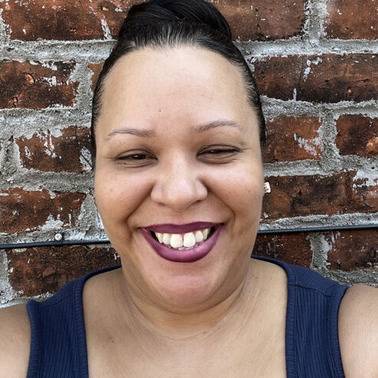Grief can make you feel stuck
Bring relief to your grief
With completion, connection, and creativity
Grief doesn’t teach you how to grieve. In fact, we can often find ourselves stuck in grief for months or even years.
Grief needs a guide and a strategy. One who creates a space for true listening and offers the intuitive support that only an expert can provide.

How we move towards peace with hope.
This is not a future goal.
It is something to experience now.
Preparation
Identify the inhibitors for grieving (e.g. fear). Define the unique understanding of grieving.
Exploration
Observe experiences with loss including symptoms, identity, emotions, and family history.
Invitation
Use the unique responses to begin actively experiencing goals such as peace, feeling present, or joy.
What to Expect

Guidance
Grief expert offers tailored support and tools for your unique experience of grief.

Connection
A safe space to experience deep empathetic listening and no judgement.

Moving Forward
Track shifts and progress with regular assessments and a robust coaching accountability platform.
“I met with a few counselors before working with Johanna. Her empathy and ability to see a way forward gave me hope.”

Lisa W.
“Johanna has helped me unpack my fears and seek desires for moving through my grief. I know I would still be stuck in grief if it wasn’t for her.”

Marla J.
“In her expertise, Johanna helped clear away the emotional debris and guide me towards hope. I know there is joy ahead and not just in my past.”

Robin S.
Frequently Asked Questions
What is grief coaching?
Grief coaching is a supportive process that helps individuals navigate their feelings of loss and bereavement. Coaches provide guidance, tools, and strategies for coping with grief and finding a path forward. You bring event a small amount of hope and we find a way forward.
How is grief coaching different from therapy?
While both focus on healing and offer a safe space to process the experience of grief, coaching tends to be more action-oriented. In contrast, therapy often delves deeper into psychological issues, past trauma, and emotional processing.
Who can benefit from grief coaching?
Anyone experiencing loss, whether it’s the death of a loved one, divorce, loss of health, loss of job, or other significant life changes, can benefit from grief coaching. It’s suitable for individuals looking for support in managing their grief.
What can I expect during a coaching session?
Sessions may include discussing your feelings, coping strategies, and practical exercises to help you integrate your grief. The coach will create a safe space for you to express yourself. A main marker of coaching is that the coachee sets the focus and desired outcome for the sessions.
How long does grief coaching last?
The duration varies based on individual needs. Some may benefit from a few sessions, while others may engage in coaching for 3-6 months.
Is grief coaching covered by insurance?
Coaching works with clients who do not present potentially diagnosable mental health issues, so it is usually a personal investment in one’s growth and development.
How do I choose a grief coach?
Look for a coach with training, experience, and a style that resonates with you. Schedule an initial call to see if grief coaching is right for you.
What should I do if I feel overwhelmed by grief?
If you’re feeling overwhelmed, consider reaching out to a professional, whether a coach or therapist. They can provide immediate support and guidance.
FREE tool for you!
Triggers can appear out of nowhere. Get the tool that will help you.
“Three Grief Trigger Busters”